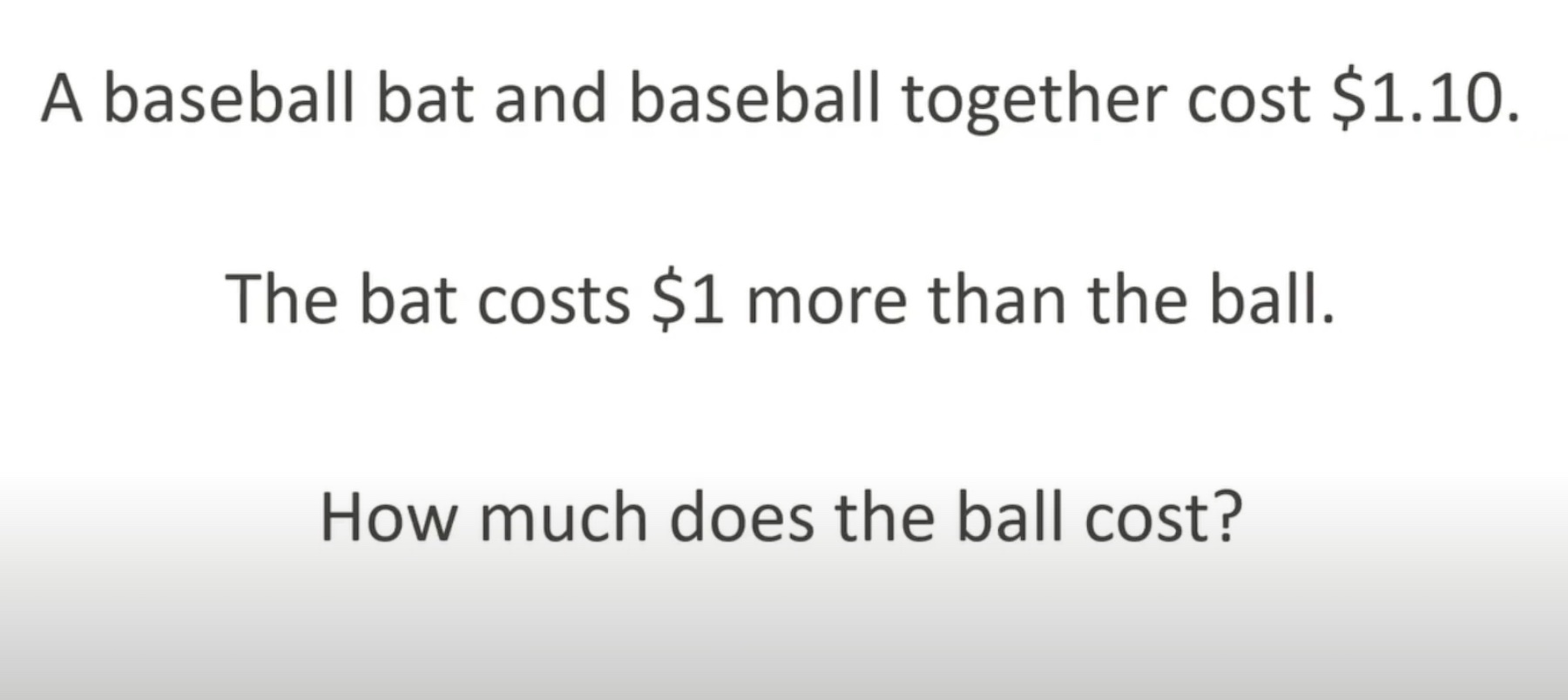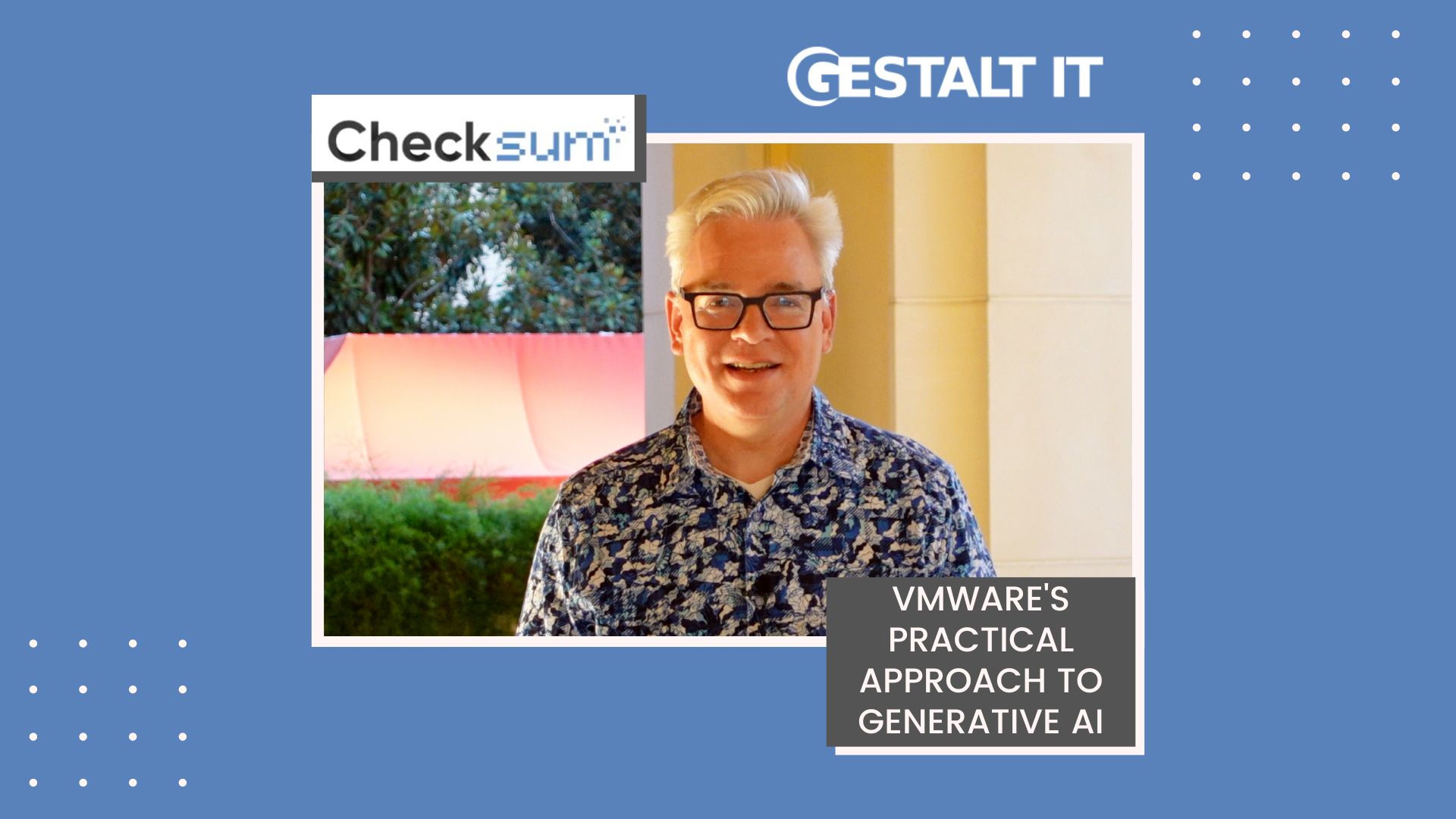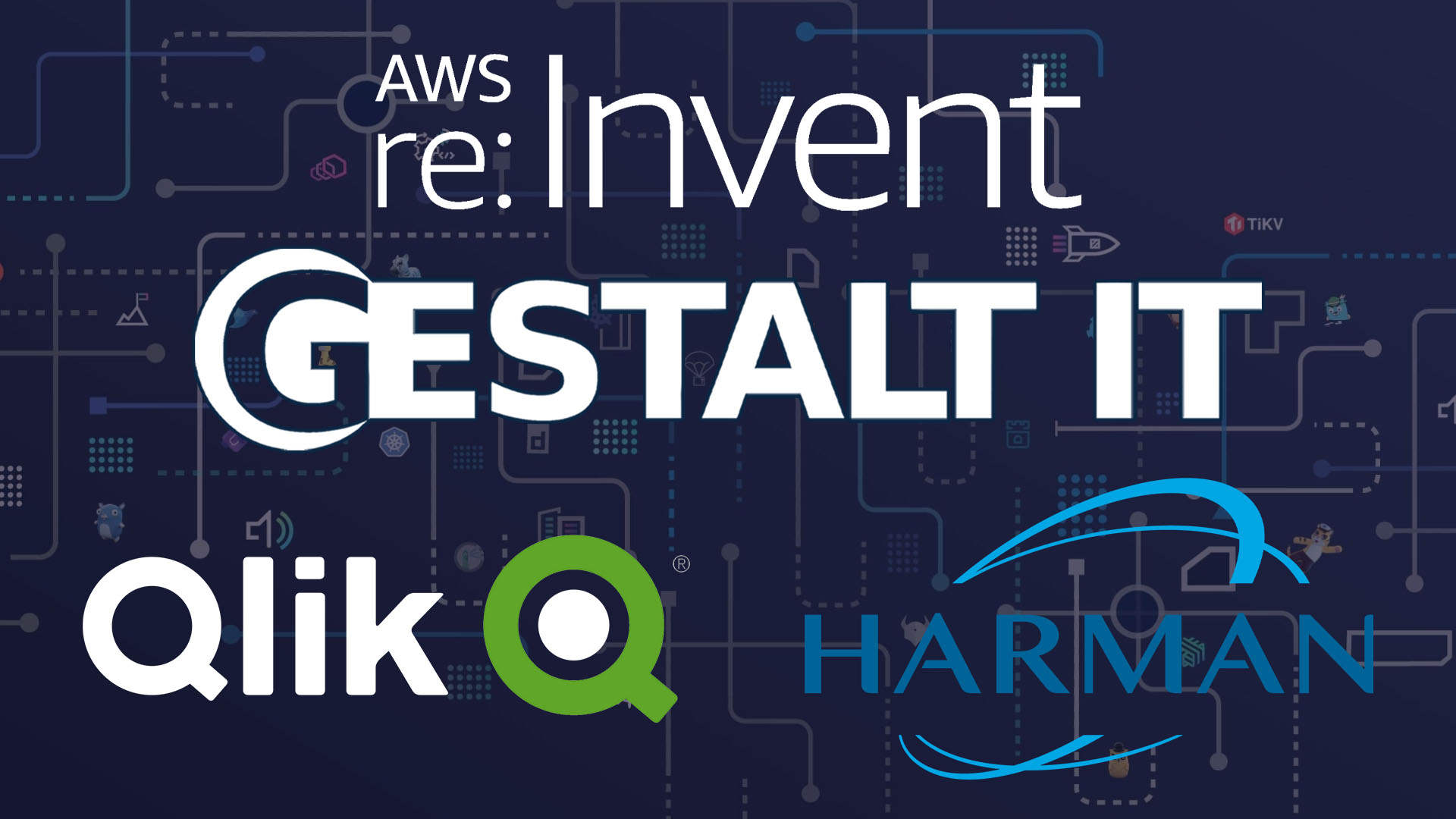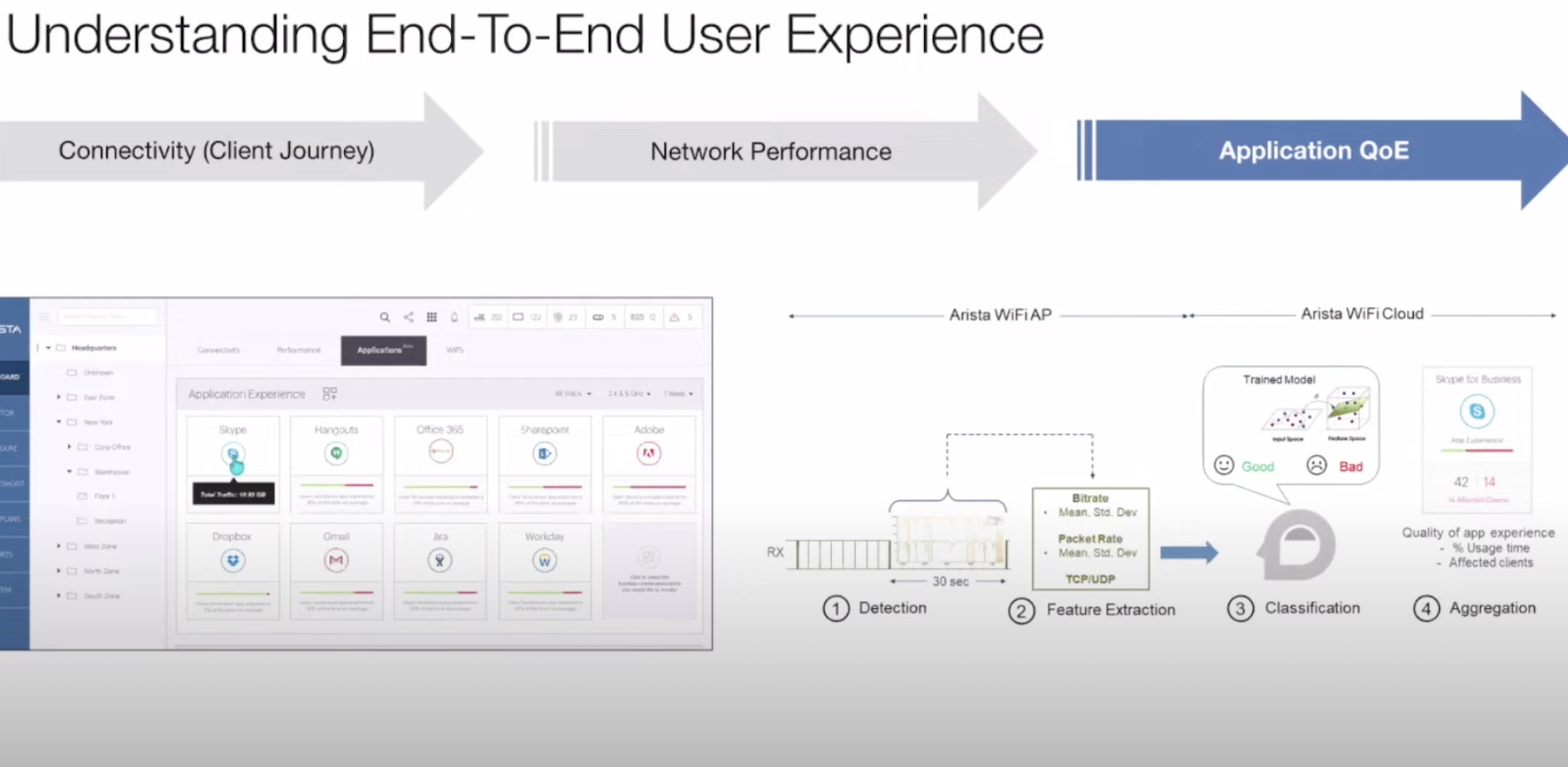The human brain is capable of marvelous feats. All of the scientific breakthroughs and inventions that changed the world, we owe it to our human intelligence. It gives us the ability to interpret information, solve problems and search for the truth. But turns out, we are also historically inclined to making bad decisions, due in no small part to our biases. At the Ignite Talk recorded at the recent Edge Field Day event, Jim Czuprynski, Founder of Zero Defect Computing, Inc. and a long-time Field Day delegate, shared his view on this and presented an AI-powered technology that can help get around cognitive bias.
“There are only approximately 175 identified cognitive biases that humans have hardwired into their souls,” he said.
Cognitive bias has been documented since many many years as part of how the human brain works. It is when the brain processes new information based on one’s belief systems. Think of it as a bug in a highly complex and elegant system.
Certain biases, like choosing a certain flavor of ice cream over the other, or being partial to a certain activity, are harmless. But in the bigger scheme of things, biases distort our judgements causing us to make choices without reason. Things like gender bias and social bias are the reason behind unfair behaviors in individuals and groups. Like bad advice, these biases poison our worldviews, shrinking them down and inspiring poor choices.
The Forer Effect
Although the problem of cognitive bias are put to increasing scrutiny, there is no known way to debias our minds. The reason is, biases are born out on our experiences and perspectives, and often amplified by societal norms. The brain constantly seeks convenient ways to get things done, to simplify tasks and find shortcuts that reduce time and work. To that end, it chooses to have selective memory of events and people, and often base judgements on unawareness, and insufficient facts. The resulting gap is what is referred to as cognitive bias in psychology.
The Forer effect neatly explains this. The Forer effect is when we believe that a certain set of personality traits narrowly describes us, when it actually applies to many other people. This happens because we are prone to seeing things through our biases that makes us believe that the traits we possess are unique to us and do not apply to others.
When it comes to career decisions, cognitive biases can be your worst enemy. Choosing a role that compliments your skills and capitalizes your strengths require a certain degree of self-awareness. But at the core, finding a job that works for you is analytical. It requires looking at all the facts putting aside the biases that can skew the perception. It isn’t easy or so many people wouldn’t be working jobs they don’t like.
“Sometimes going with your gut will give you indigestion and it’s something we should be guarded against,” said Czuprynski.
Getting Around Biases with AI
Czuprynski says that a hack to minimize human bias would be to use AI. With any AI-powered tech, problem is approached in a piecemeal manner like the game of Whack-a-Mole. Instead of coming up with a complete solution that overlooks the nuances, it breaks it down and solves one thing at a time. Biases may still be unavoidable, but if systematically policed with AI, it can become less of a thorny issue.

Czuprynski and his team has designed a tool that is capable of making career predictions for IT professionals in various stages of their career. One may argue that there is a long list of problems that come with taking career advice from a machine whose thinking is much narrower than our own, not to mention has biases too, but what if the tool in question has a mature and highly vetted large language model working behind it? What if it is trained to combat biases and present results based only on facts? What if it had the perspective of an experienced mentor, and could nudge users towards not only the fields that they know best, but towards a line of work that will give them long-term happiness of the mind?
Built with data gathered from over 600,000 IT professionals across five years, this tool uses Oracle’s proprietary LLM gen AI technology. It has a predictive accuracy of 92.8%, says Czuprynski.
Czuprynski and his team have painstakingly fine-tuned the system with several iterations of modeling, applying advanced ML and analytics on top of it, to optimize the results. The corollary, he says, is a tool that can generate a highly accurate profile of your current skillset, and what it bodes for your future job prospect.
Wrapping Up
When it comes to considering long-term prospects in work, going with the gut feeling may lead to serious mistakes. Instead, using AI that harvests data from of veritable sources and turns out logical analytics, is a smarter choice. Because, sometimes, making a calculative move than just taking a leap of faith can land you in the right place.
For more on this, give Czuprynski’s talk – Leveraging Generative AI for Accurate Career Path Predictions – from the recent Edge Field Day event a watch.




